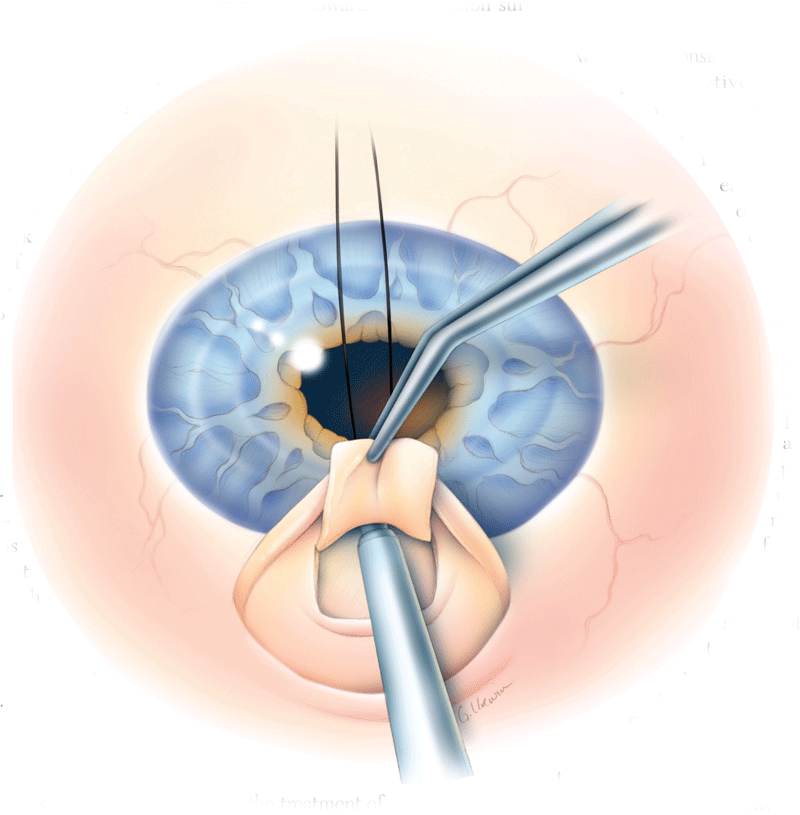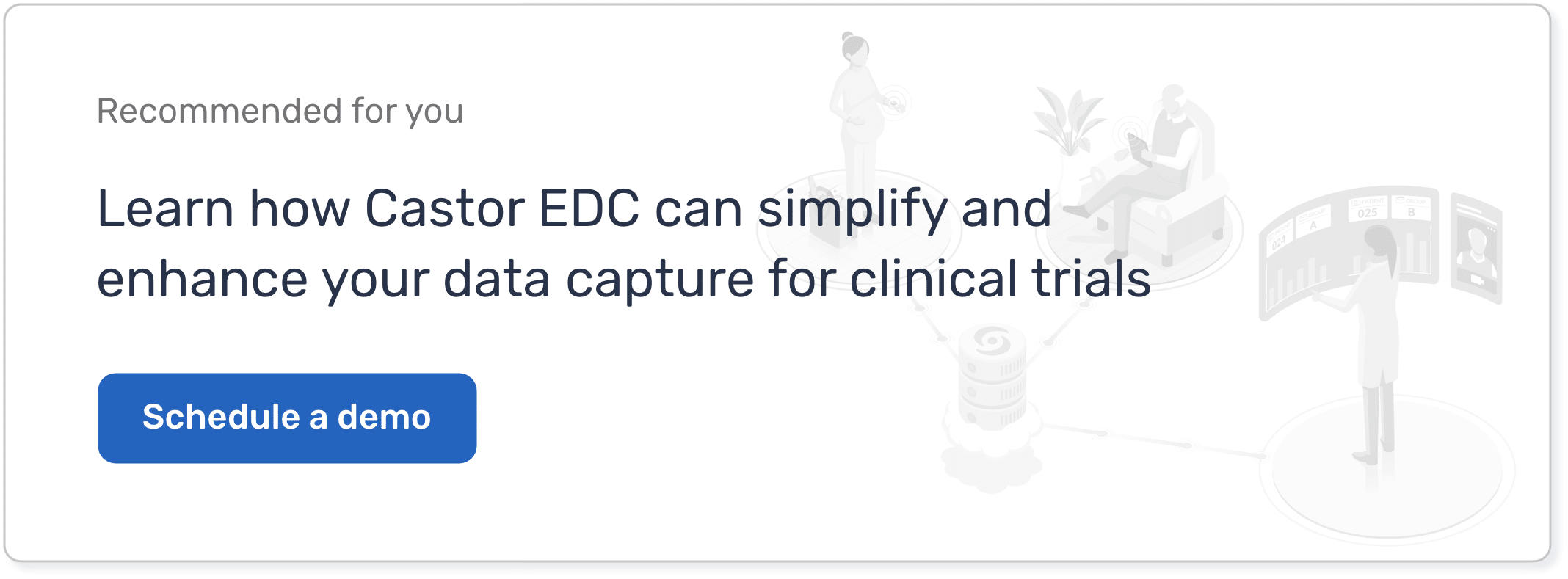This is the first in a series of in-depth Castor user interviews.
The Rotterdam Ophthalmic Institute (ROI)
The ROI is an independent hospital that celebrated its 140th anniversary last year. Patients from all over the Netherlands and nearby countries come there to receive treatment on eye-related illnesses such as glaucoma and cataracts. The institute invests heavily in research, and there are currently approximately 40 research projects running, many of which run in Castor EDC.
“Castor has definitely improved how I do my research.”
Comparing trabeculectomy and eye implants for glaucoma treatment
Esma is currently working on three studies, one of which started in 2007 and concerns people with glaucoma who are in need of surgical treatment because the medical cure stopped being effective. At the moment, around 120 patients are part of the study. The study compares two different surgical treatments: the first is trabeculectomy, in which the surgeon performs a perforation in the eye; in the second treatment, a Baerveldt implant is placed in the eye. The aim is to find out which of the two surgeries performs better in the long run.

Importing Excel data
“Performing a large data import was really easy’’
Esma appreciates how user-friendly and straightforward Castor is. She didn’t even need a week of instruction introduction to learn how to work with it. “The instructions provided by the website and manual were clear and thoroughly explain all features.’’
A few months back, Esma performed a large data import from Excel to Castor. First, she set up the electronic Case Report Form (eCRF) in order to see which items she had to fill in, after which she adjusted the labels in Excel to match the ones that she would have in Castor. And then she uploaded it! “It was really easy.’’
Saving valuable research time with Castor
“Castor has definitely improved how I do my research.’’
One reason is the overview it provides per patient. It simplifies and expedites the process of looking at each patient if you notice that some results in SPSS don’t make sense. Esma believes it’s definitely much better than most files she has come across, where the often handwritten overviews are difficult to follow.
Esma would definitely recommend Castor; especially because most of the other data capture programs used by researchers don’t prevent mistakes. “Castor alerts you if you mistype something, helping us researchers save valuable time. Afterwards I can easily export my data to SPSS, another timesaver!”
“Also what I love about Castor is how fast you guys respond! When I email for help, I receive a response the same day!”
The future
Esma is currently recruiting participants for two studies starting soon that she’s definitely going to run in Castor!
Want to try Castor for yourself?

